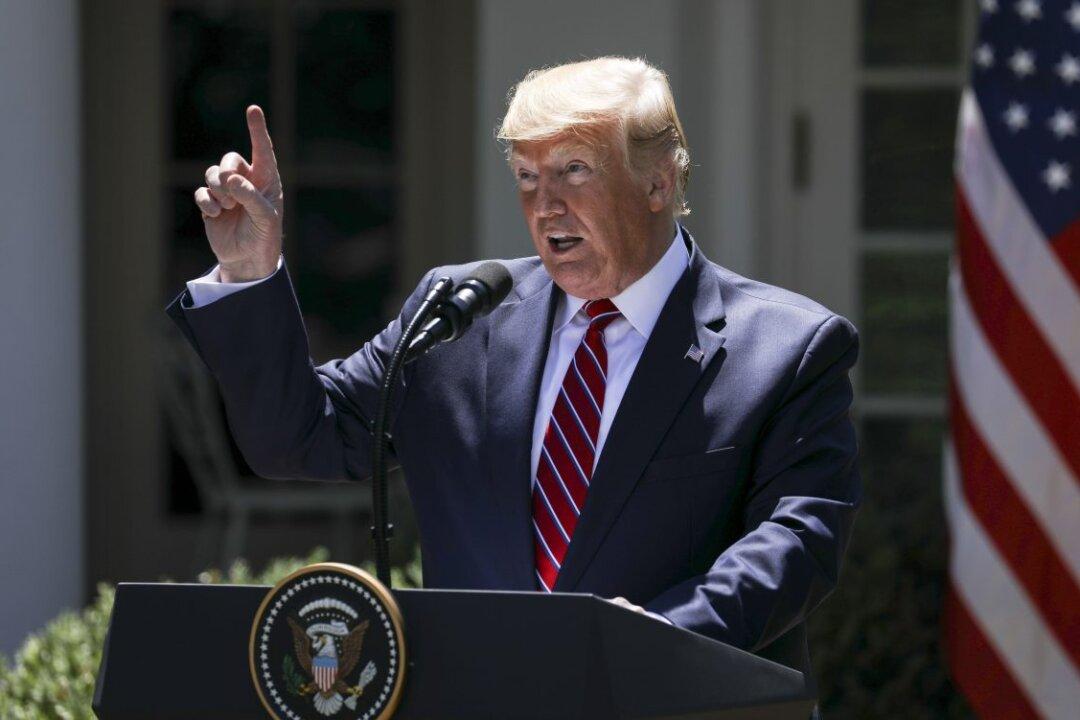Some 15 hours after Iran shot down an American surveillance drone, President Donald Trump issued a statement: “Iran made a very big mistake!”
Posted in a June 20 Twitter message, the sentence underscores the tension between the United States and the Islamic regime, which Trump has put under unprecedented economic pressure.





